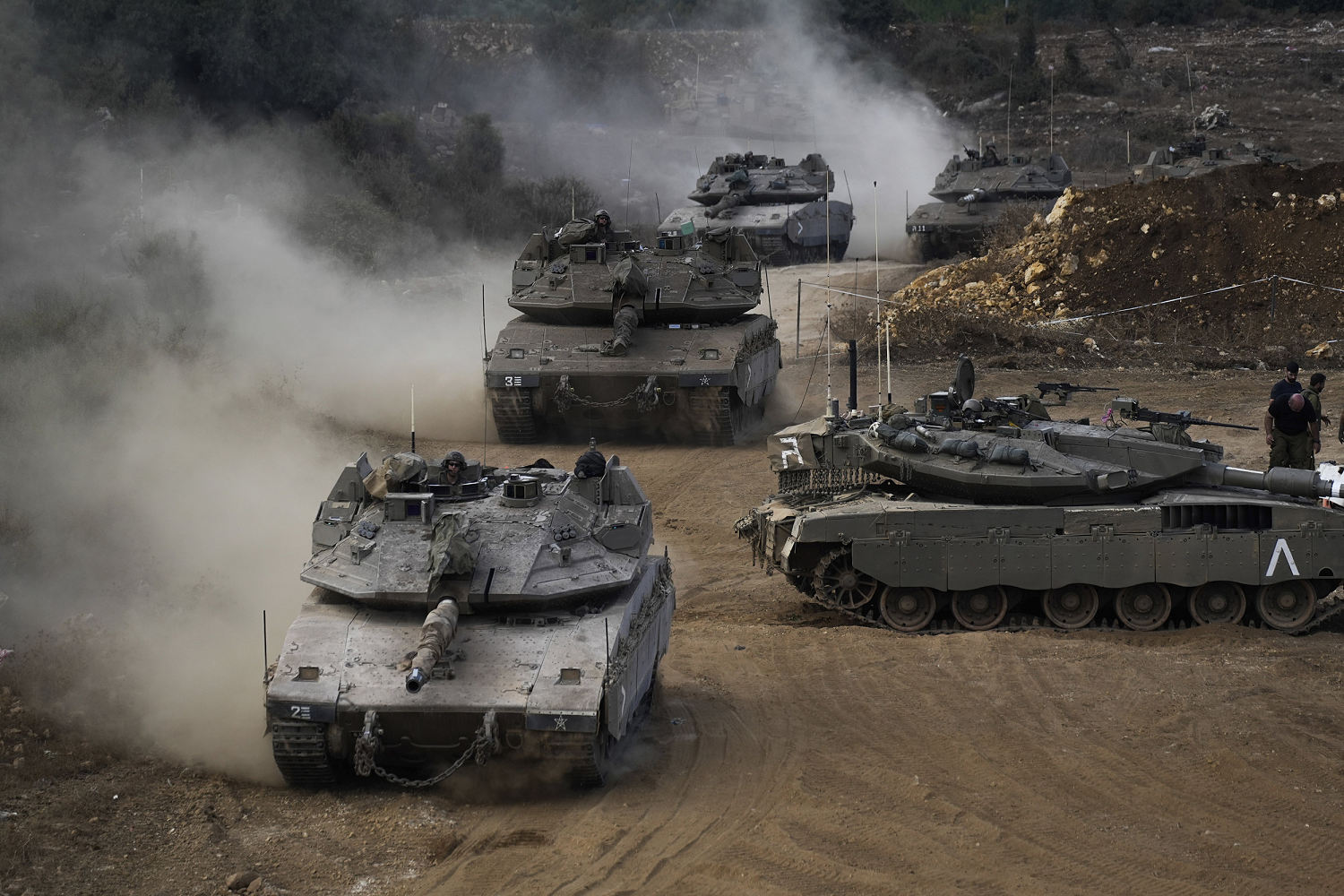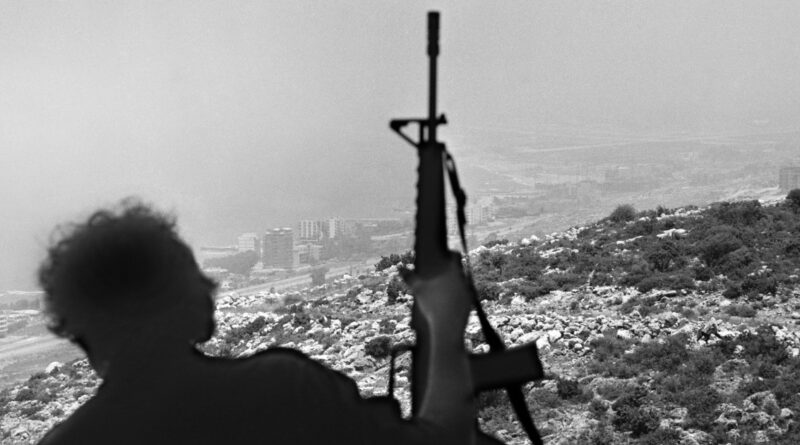Lebanon fears a repeat of past Israeli invasions

Hanging over all of this for Charbel — as well as the relatively small contingent of Israeli critics of the escalation with Hezbollah — is the fear that history will repeat itself. Israeli invasions in both 1982 and 2006 became more expansive and deadly than how they had been initially framed. Those fears are not unfounded, Michael A. Horowitz, a geopolitical and security analyst who serves as the head of intelligence at Le Beck consultancy, told NBC News in an email Tuesday morning.
“These concerns are valid, because even if Israel seeks a limited operation, it can easily be pulled in even more, either due to military factors … or political ones, if hawks within the government push to expand the goal of the operation,” he said.
Fawaz A. Gerges, a professor of international relations at the London School of Economics, said he feared that Israel’s military was “trying to soften Hezbollah’s defenses” and probe its weak points with initial raids ahead of a potential larger incursion.
‘Strategic failure’
Israel’s ground operation was met with a new wave of international concern and condemnation.
The United States expressed support for a limited Israeli operation, but a National Security Council spokesperson cautioned about the risk of “mission creep.” In fact, Israel was planning a larger invasion but decided to scale back after urging from Washington, an administration official and U.S. officials said. But the Biden administration remains concerned the mission could expand, the administration official said.
It has before.
In 1982, Israel invaded Lebanon while the country was in the grips of a civil war, marking the start of what would become a nearly two-decade occupation.
The offensive had initially targeted operatives with the Palestine Liberation Organization which was formed in 1964 in the Egyptian capital Cairo, shortly after the “Nakba,” which means “catastrophe” in Arabic and refers to the forced removal of an estimated 750,000 Palestinians from their homes in preparation for the founding of Israel in 1948. Many sought refuge in Lebanon.
Thousands of Israeli troops and tanks crossed the border, culminating in a deadly siege of the Lebanese capital, Beirut. A massacre in the city’s Shatila refugee camp and the nearby Sabra neighborhood saw hundreds of Palestinians and some Lebanese nationals killed over the span of days by Israeli-backed Lebanese Christian militia commandos.





